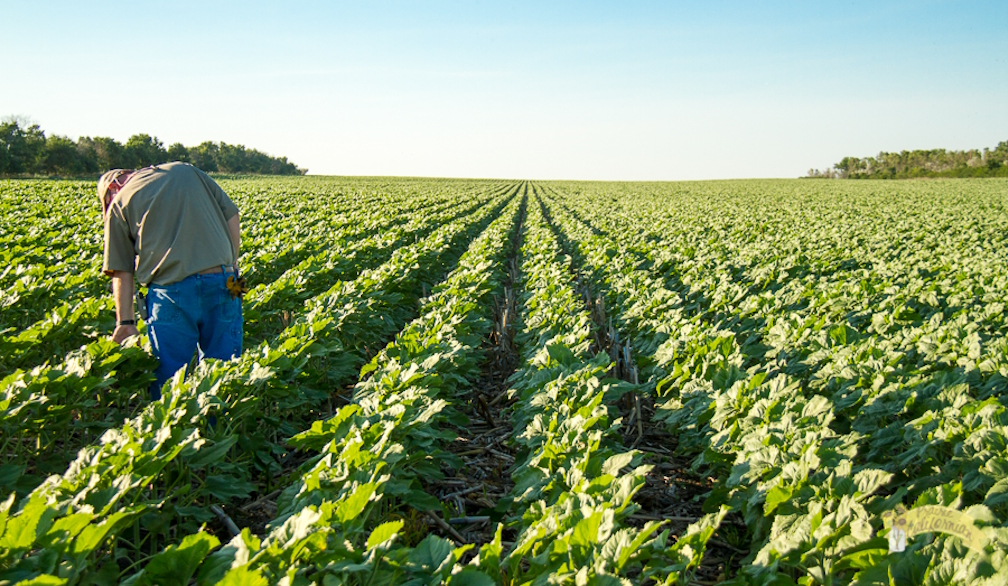New soil practitioner accreditation hits the ground running
- Written by DAFF

Farmers and land managers can have more confidence in soil practitioner knowledge thanks to a new $1 million accreditation funded by the Department of Agriculture, Fisheries and Forestry.
The Registered Soil Practitioner (RSP) accreditation, which was developed by Soil Science Australia in collaboration with soil scientists, industry, government and land and natural resource managers, opened for applications on 22 May.
The RSP accreditation recognises the expertise of soil practitioners like agronomists, national resource management (Landcare) officers, consultants and others working in the soil space. It gives farmers and land managers confidence in the competence, ability and integrity of the practitioner they have engaged.
The department’s First Assistant Secretary of Sustainability, Climate and Strategy Division, Nick Blong, said the accreditation would help soil professionals enhance and standardise their expertise across Australia.
“RSP accreditation can be achieved through training, mentoring, workforce experience or recognition for prior learning,” he said.
“For those working in soil-related industries, the accreditation will build knowledge, enhance career pathways, and ensure professionals can provide practical and scientifically valid advice to farmers and other land managers.
“It helps address a gap in accreditation and training between university-educated soil scientists and those who have developed their soil expertise through practical, hands-on knowledge of soil.”
The development and implementation of the accreditation is funded over two financial years (2021-22 to 2022-23). It is part of the National Soil Strategy and National Soil Action Plan.
For more information visit Registered Soil Practitioner - Soil Management Accreditation - Soil Science Australia.









